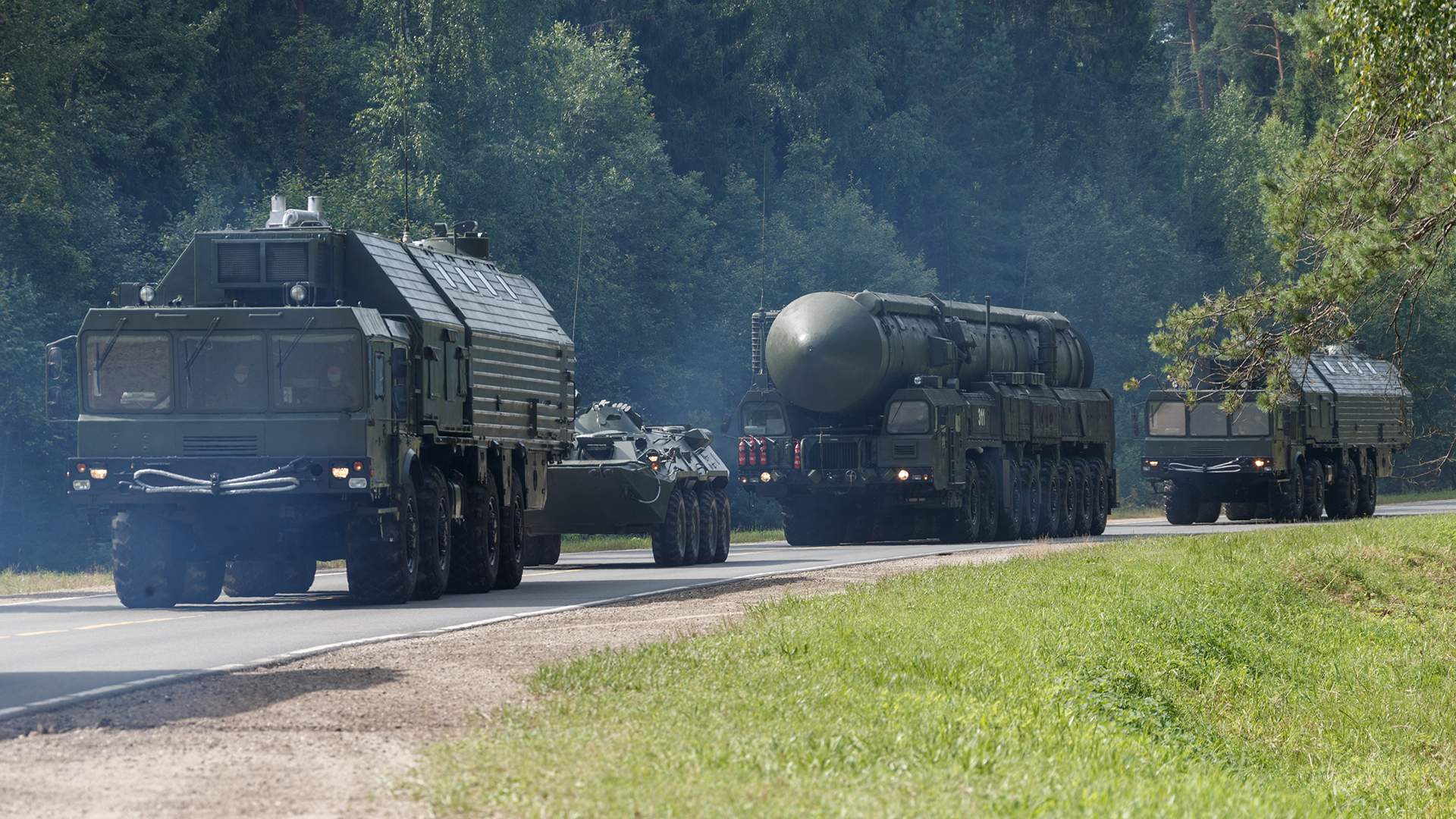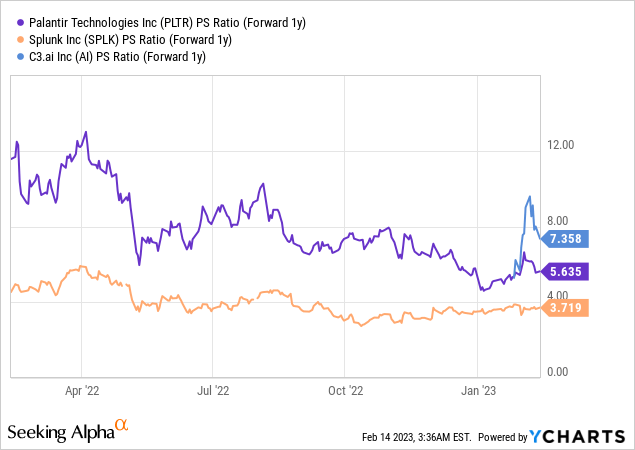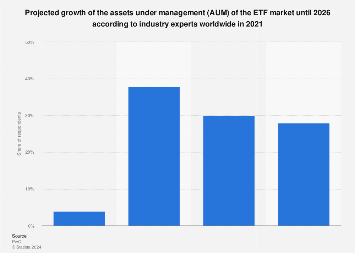Europe's Nuclear Shield: A French Minister's Perspective

Table of Contents
The Strategic Rationale Behind France's Nuclear Deterrent
Maintaining National Security and Sovereignty
France's nuclear arsenal acts as an ultimate safeguard against existential threats, ensuring its independence and ability to protect its national interests. This independent nuclear capability is a cornerstone of French foreign policy, allowing it to pursue its strategic goals without undue external pressure.
- Deterrence against aggression: The credible threat of retaliation deters potential adversaries, both state and non-state actors, from launching attacks against France. This is especially crucial given France's global interests and its position as a permanent member of the UN Security Council.
- Guaranteeing national independence: Possession of nuclear weapons ensures France's autonomy in decision-making regarding its security and foreign policy, free from coercion by other powers. This independence is vital in navigating complex geopolitical landscapes.
- Maintaining a credible voice in international security affairs: France's nuclear status grants it a seat at the table in discussions concerning nuclear non-proliferation, arms control, and international security. This allows it to actively contribute to shaping global security norms.
Contributing to European Security
While independent, France's nuclear deterrent is viewed by some as a significant component of European security. However, this perspective is debated.
- Debate on the role of French nuclear weapons in collective defense: Some argue that France's arsenal contributes to the overall deterrence against aggression targeting Europe, offering a second layer of protection beyond NATO's nuclear umbrella. Others maintain that a purely national approach could lead to fragmentation.
- Comparison with NATO's nuclear umbrella: The French nuclear force is distinct from NATO's nuclear sharing arrangements. This raises questions about the potential for synergy and the avoidance of duplication in deterrence efforts.
- Analysis of the potential for burden-sharing and cooperation: There is ongoing debate on the feasibility and desirability of increased cooperation between France and its European partners on nuclear deterrence, including potential burden-sharing of costs and responsibilities.
Technological Advancements and Modernization of France's Arsenal
Maintaining a Credible Deterrent
Maintaining a credible nuclear deterrent requires continuous modernization and adaptation to evolving threats. France invests heavily in upgrading its arsenal to ensure its effectiveness.
- Investment in new submarine-launched ballistic missiles (SLBMs): The development and deployment of next-generation SLBMs are vital for maintaining a survivable and robust second-strike capability. This ensures the continued credibility of France's nuclear deterrence.
- Development of advanced warheads: Research and development are focused on improving the accuracy and effectiveness of French nuclear warheads, ensuring that the arsenal remains relevant in a constantly changing technological landscape.
- Upgrades to delivery systems and command and control infrastructure: Modernization extends beyond warheads, encompassing improvements to submarines, aircraft, and command-and-control systems to maintain operational reliability and survivability.
Transparency and Arms Control
France is committed to transparency and adherence to international arms control agreements, despite maintaining an independent nuclear force.
- France's commitment to non-proliferation treaties: France actively participates in international efforts to prevent the proliferation of nuclear weapons, while preserving its right to self-defense.
- Dialogue and cooperation with other nuclear powers: France engages in dialogue with other nuclear powers to promote transparency, build confidence, and foster a more stable international security environment.
- Addressing concerns about the size and nature of the arsenal: France regularly addresses concerns about the size and nature of its nuclear arsenal, providing information to promote transparency and reduce the risk of miscalculation.
Geopolitical Implications and Future Perspectives
The Changing European Security Landscape
The Russian invasion of Ukraine has significantly altered the European security landscape, impacting France's nuclear doctrine.
- Increased uncertainty and the need for robust deterrence: The heightened tensions demand a credible and robust nuclear deterrent to discourage aggression and maintain stability.
- Potential for increased defense spending and military cooperation: The war has spurred discussions regarding increased defense spending and enhanced military cooperation among European nations.
- Re-evaluation of the strategic environment and its impact on nuclear policy: France is actively re-evaluating its strategic environment and adapting its nuclear posture accordingly to ensure it remains effective.
The Role of France in NATO's Nuclear Sharing
France's unique position outside of NATO's nuclear sharing arrangements warrants examination.
- Potential for greater cooperation within NATO's nuclear umbrella: While maintaining its independence, France could explore increased cooperation with NATO allies on broader aspects of nuclear deterrence.
- Balancing independent deterrence with collective security: France must carefully balance its independent nuclear deterrent with its participation in broader European and transatlantic security frameworks.
- Future collaborations and strategic partnerships: The future will likely see enhanced collaborations and strategic partnerships to address evolving threats and maintain peace and security in Europe.
Conclusion
France's nuclear deterrent, often referred to as Europe's Nuclear Shield, remains a cornerstone of its national security strategy and plays a significant role in shaping the European security landscape. Modernization efforts, commitment to arms control, and engagement in international dialogue are crucial aspects of maintaining a credible deterrent. The evolving geopolitical situation necessitates continued adaptation and cooperation with allies, ensuring that Europe's Nuclear Shield remains a robust and reliable guarantor of peace and stability in the years to come. To stay informed on the latest developments regarding Europe's Nuclear Shield and France's nuclear policy, continue to follow reputable news sources and expert analysis.

Featured Posts
-
 Is Palantir Stock A Buy Before The May 5th Earnings Announcement
May 09, 2025
Is Palantir Stock A Buy Before The May 5th Earnings Announcement
May 09, 2025 -
 Champions League Inter Milans Shock Win Against Bayern Munich
May 09, 2025
Champions League Inter Milans Shock Win Against Bayern Munich
May 09, 2025 -
 4 5
May 09, 2025
4 5
May 09, 2025 -
 Pam Bondis Controversial Remarks On Killing American Citizens
May 09, 2025
Pam Bondis Controversial Remarks On Killing American Citizens
May 09, 2025 -
 Billionaires Favorite Etf Projected 110 Growth By 2025
May 09, 2025
Billionaires Favorite Etf Projected 110 Growth By 2025
May 09, 2025
